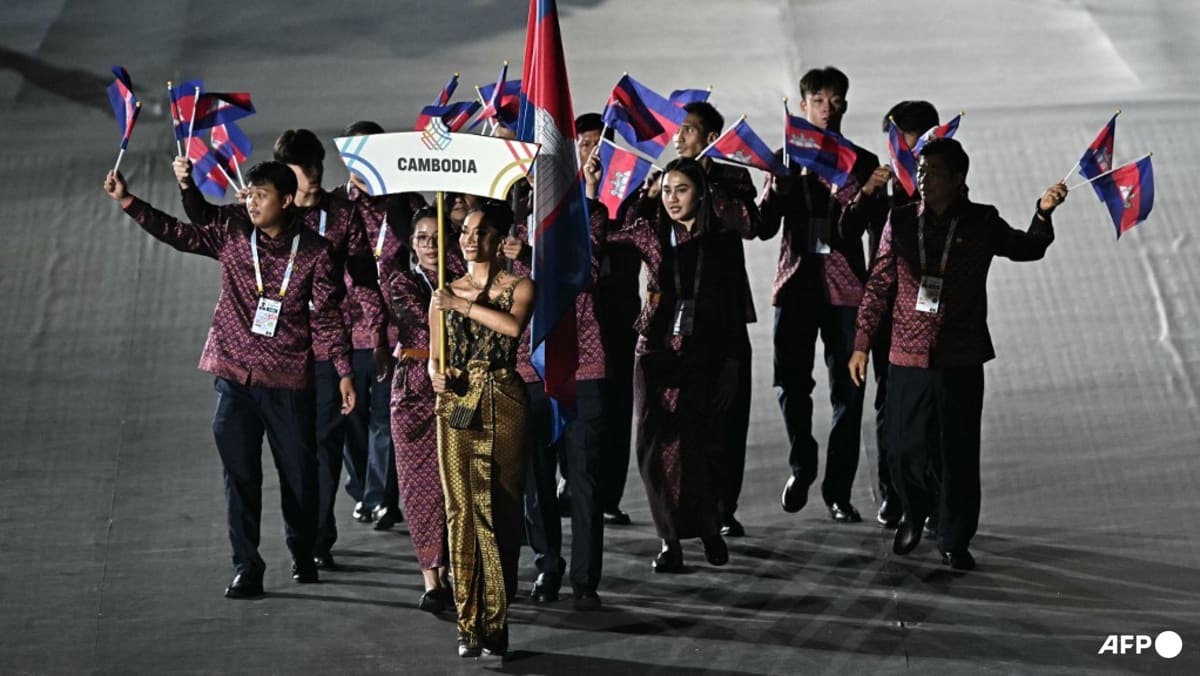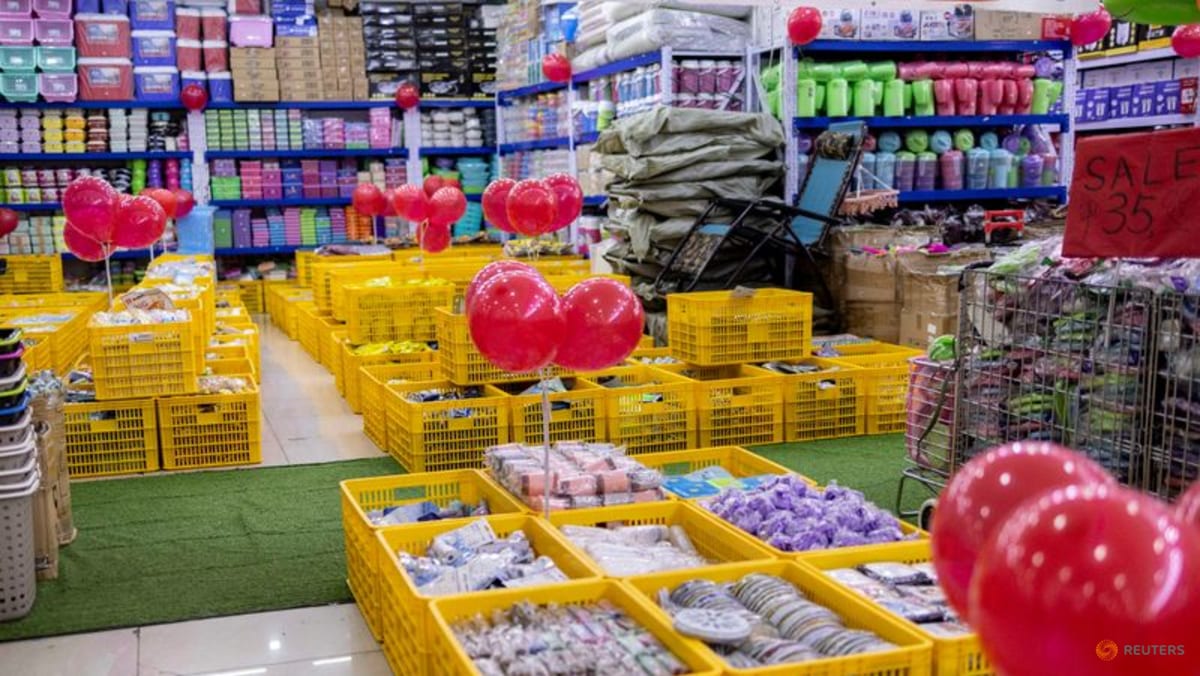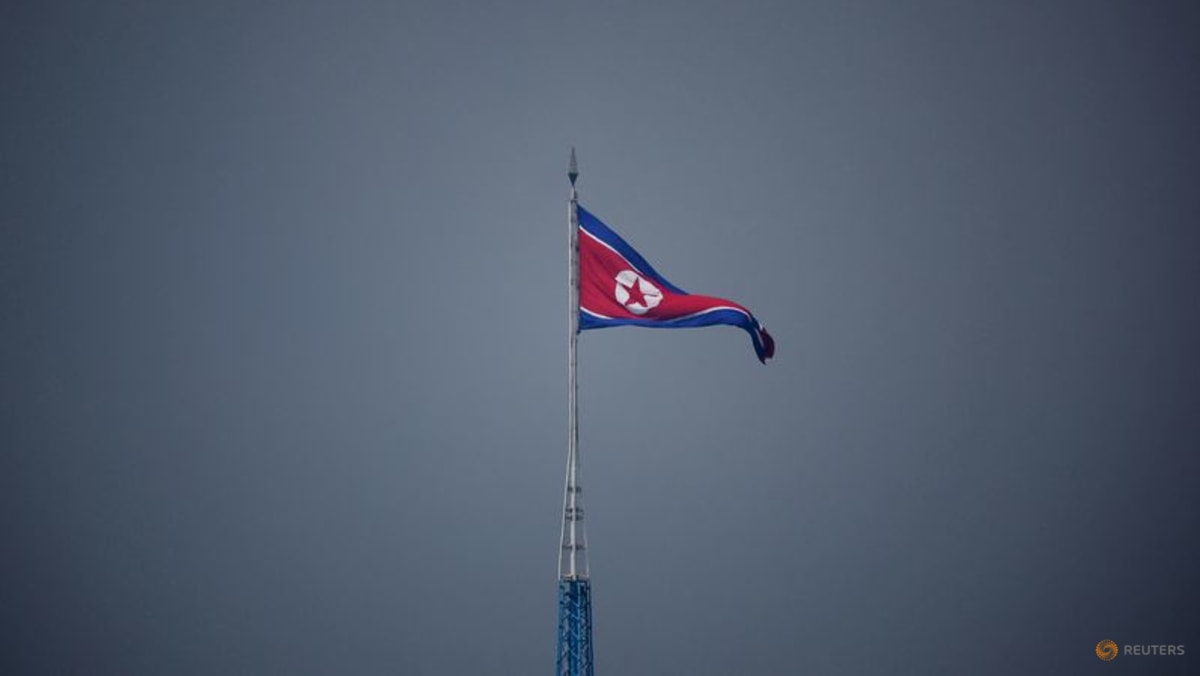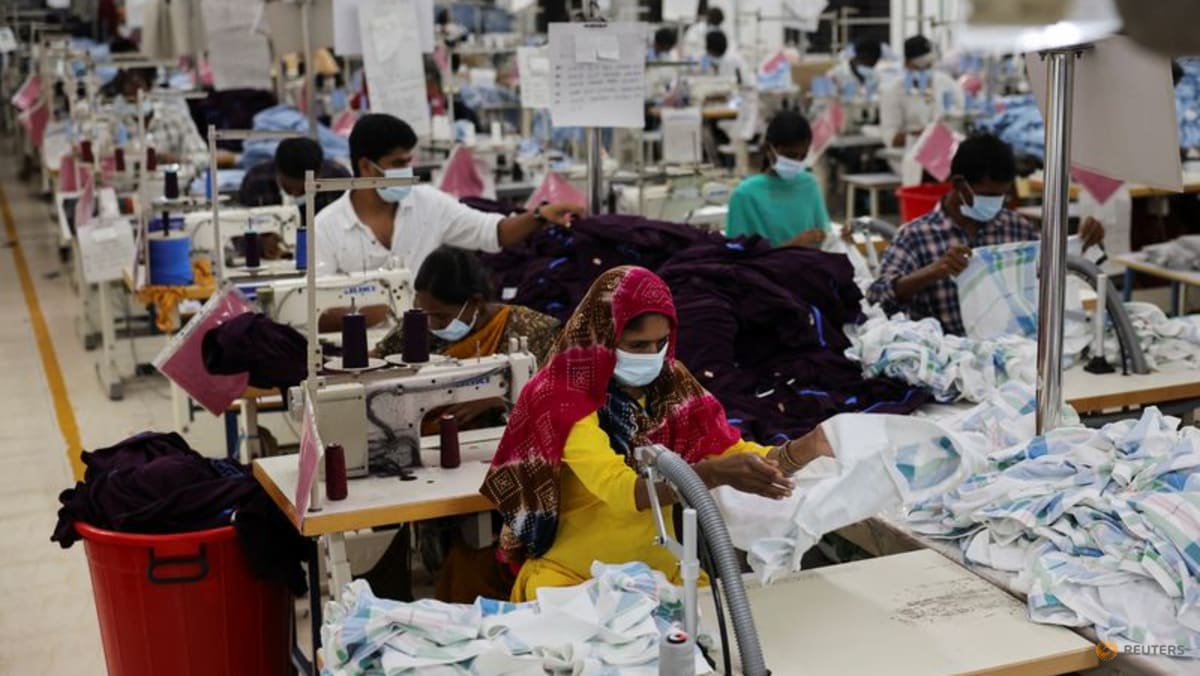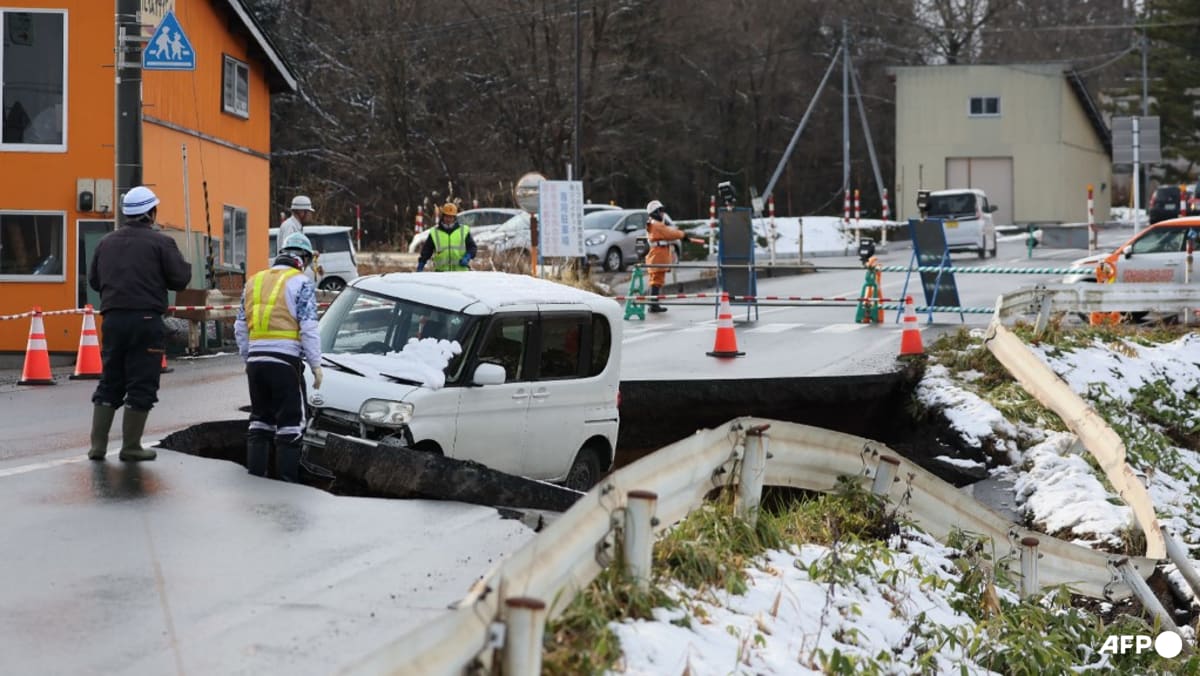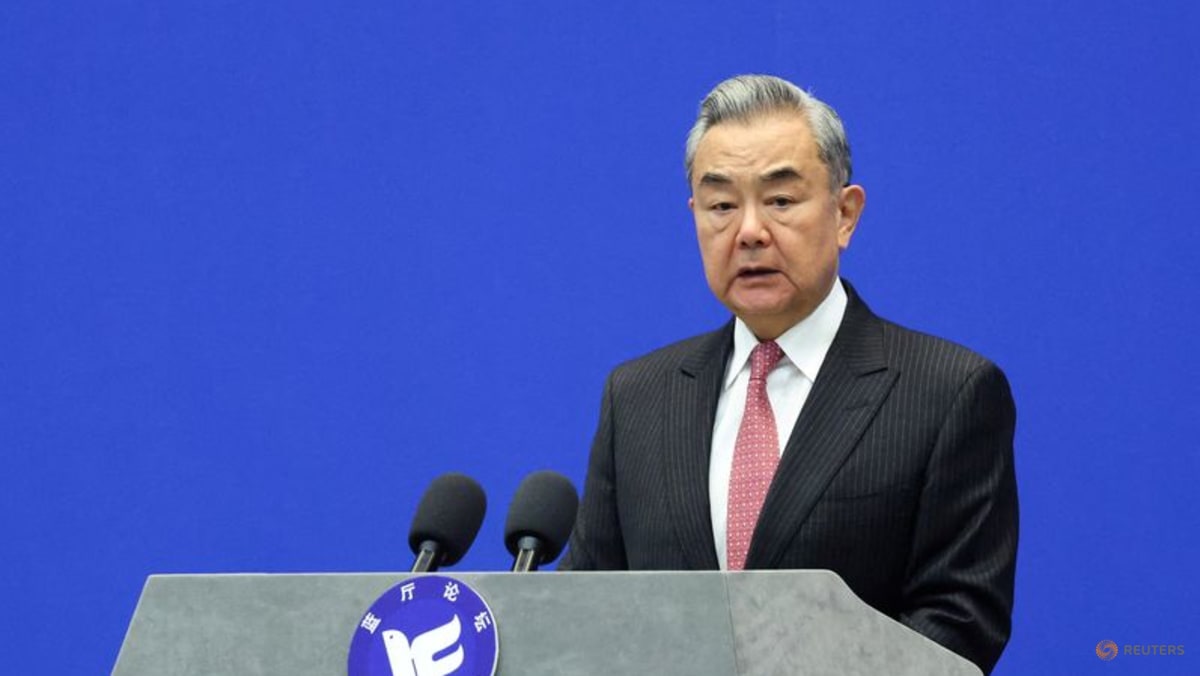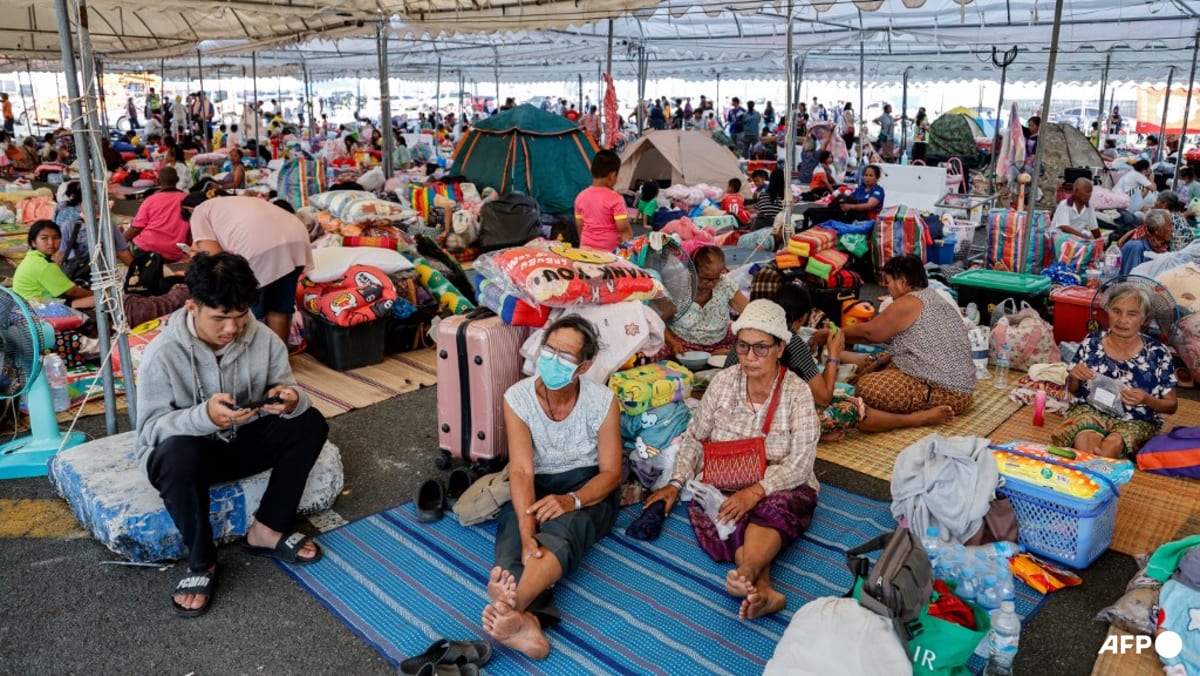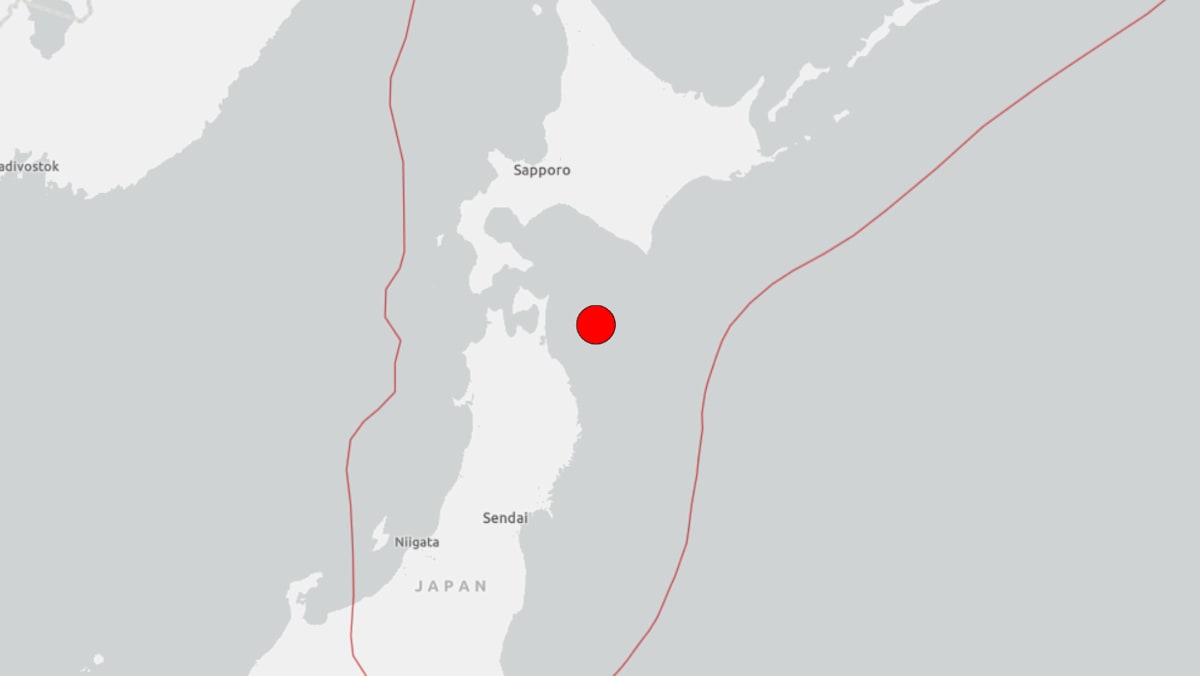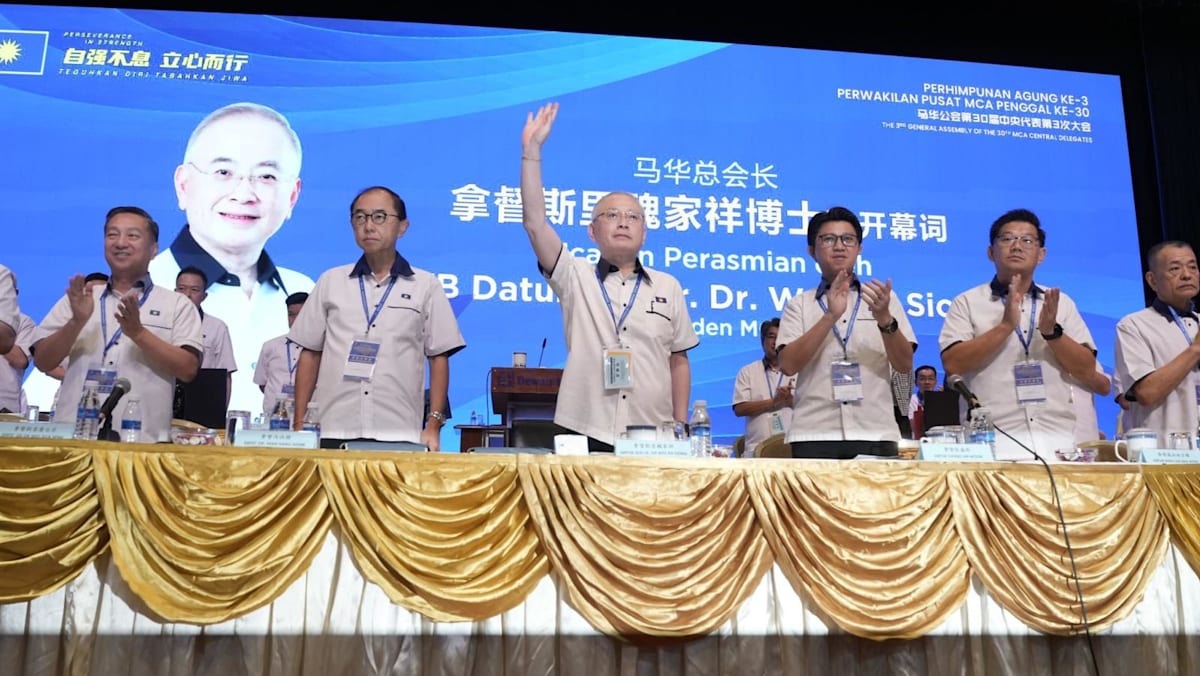China summons Japanese ambassador over actions at G7
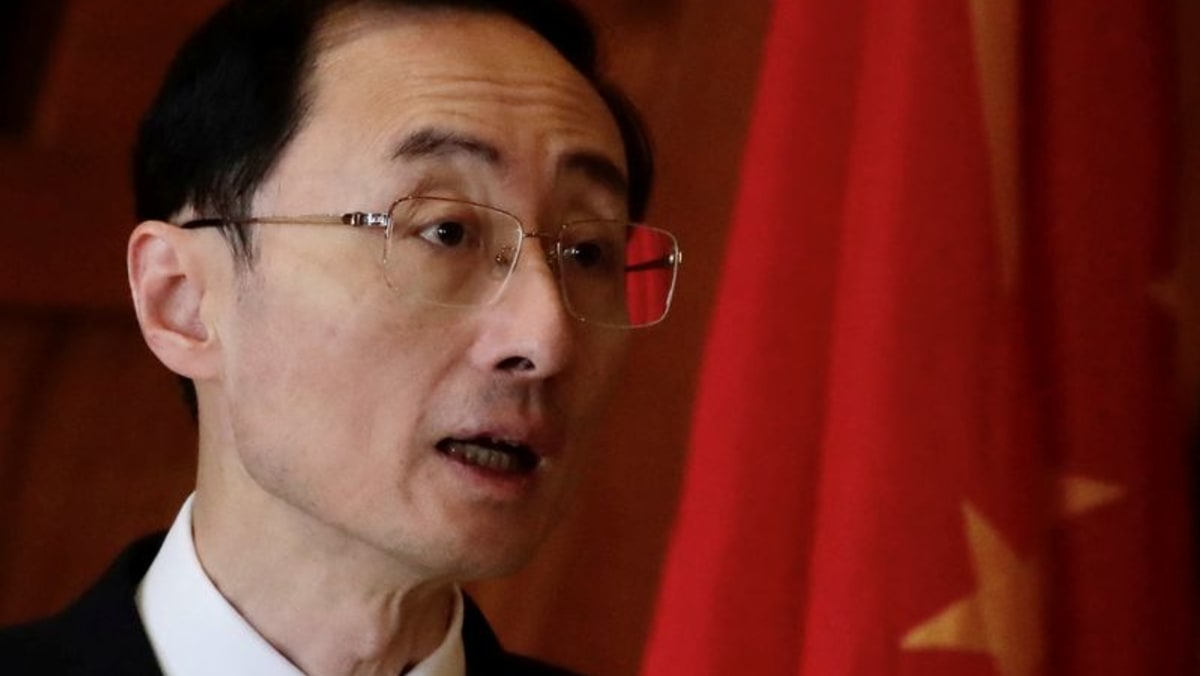
BEIJING: China’s Vice Foreign Minister Sun Weidong has summoned the Japanese ambassador to register protests about the “hype around China-related issues” at the Group of Seven (G7) summit over the weekend, a ministry statement late on Sunday (May 21) said.
Leaders from seven countries, including US President Joe Biden, attended the summit in the Japanese city of Hiroshima.
Sun said Japan collaborated with the other countries at the G7 summit “in activities and joint declarations … to smear and attack China, grossly interfering in China’s internal affairs, violating the basic principles of international law and the spirit of the four political documents between China and Japan”, referring to the China-Japan Joint Statement of 1972.
He said Japan’s actions were detrimental to China’s sovereignty, security and development interests, and that China is “strongly dissatisfied and firmly opposes” them.
“Japan should correct its understanding of China, grasp strategic autonomy, adhere to the principles of the four political documents between China and Japan, and truly promote the stable development of bilateral relations with a constructive attitude,” Sun said.
China on Saturday expressed “strong dissatisfaction” with a communique issued by G7 leaders that took aim at Beijing on issues including the South China Sea, human rights and alleged interference in their democracies.
The bloc issued a statement calling on China “not to conduct interference activities” and expressed concerns about alleged human rights abuses in China, particularly in the far-western regions of Tibet and Xinjiang.
They also said the G7 countries were “gravely concerned” about territorial disputes in the South China Sea, indirectly accusing China of “coercion”.
Beijing was also urged by the G7 to use its influence to put pressure on Russia to end its invasion of Ukraine.
The Chinese embassy in Britain had earlier asked London to stop slandering and smearing China to avoid further damage to China-UK relations.
Source: CNA



